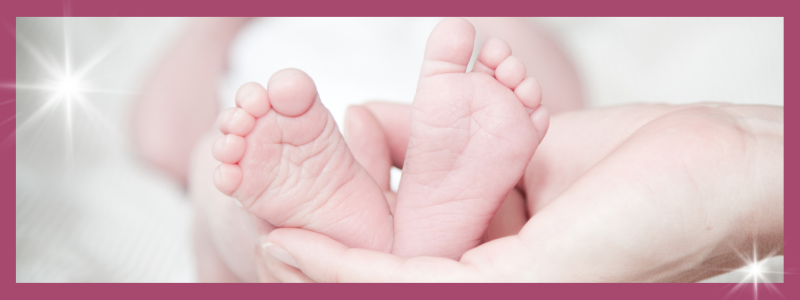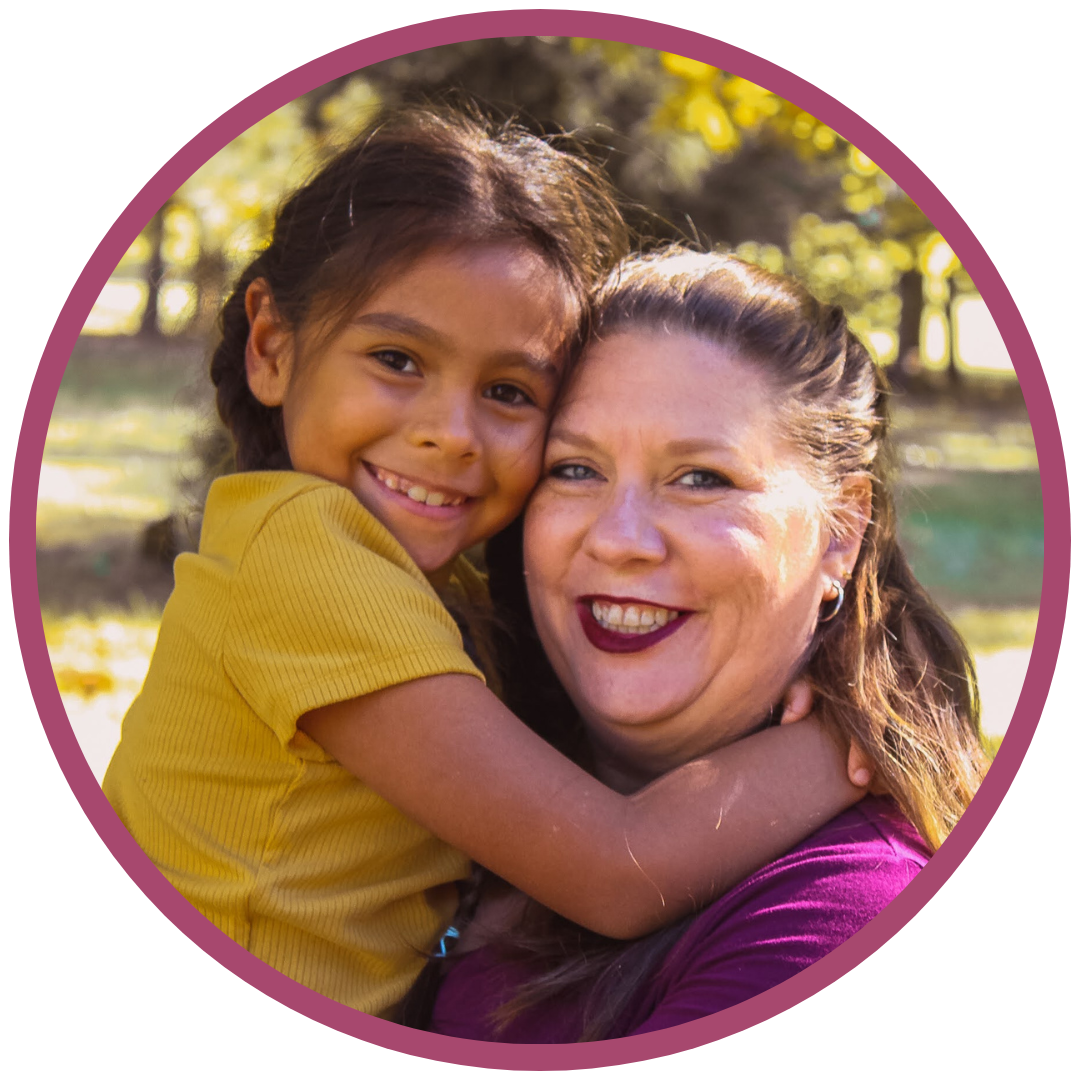 Becoming a new parent is an exciting and joyous time, but it can also be exhausting. For mothers in particular, it’s important to prioritize recovery and rest after giving birth. One of the best ways to do this is by following the “in bed, on the bed, near bed” rule. This involves spending the first week recovering in bed, the second week resting on the bed or couch, and the third week staying nearby your bed as you gradually get back into your normal routine. Let’s examine why these three weeks are so important for postpartum recovery...
Becoming a new parent is an exciting and joyous time, but it can also be exhausting. For mothers in particular, it’s important to prioritize recovery and rest after giving birth. One of the best ways to do this is by following the “in bed, on the bed, near bed” rule. This involves spending the first week recovering in bed, the second week resting on the bed or couch, and the third week staying nearby your bed as you gradually get back into your normal routine. Let’s examine why these three weeks are so important for postpartum recovery...
Empowering Choices for Mothers:
Every woman deserves to make informed decisions about her placenta. Whether you choose to keep it, encapsulate it, or donate it for research, the choice is yours. Understanding your options allows you to advocate for yourself and your postpartum journey.
The Benefits of Placenta Encapsulation:
Placenta encapsulation involves dehydrating the placenta, grinding it into a fine powder, and encapsulating it into gel capsules. This process is believed to offer numerous benefits, including:

There's no denying that pregnancy and childbirth are amazing, life-changing experiences. For many women, becoming a parent is the best thing that's ever happened to them. If you're one of those women who loves everything about pregnancy and childbirth, then becoming a birthkeeper may be the perfect career choice for you.
What is a birthkeeper? A birthkeeper is someone who helps to guide and support a woman through pregnancy, childbirth, and postpartum, more than a doula and yet not a midwife. They are also known as traditional birth attendants. You will generally find that a Birthkeeper......
Read more...









